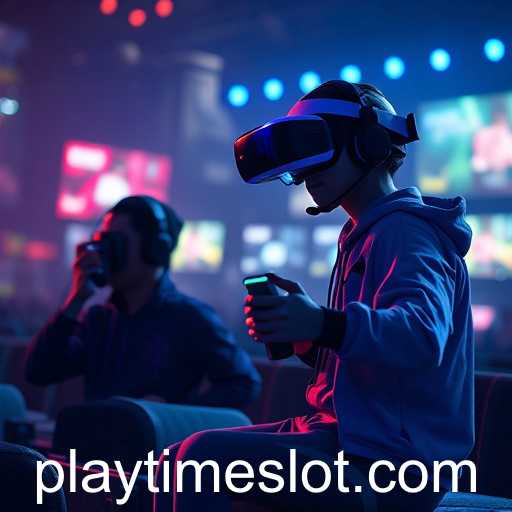In recent years, the digital gaming landscape has undergone a significant transformation, dramatically altering how individuals engage with leisure activities. Platforms emphasizing 'playtime' have become increasingly sophisticated, offering users immersive experiences that were once unimaginable.
A pivotal factor in this evolution has been the integration of emerging technologies such as augmented reality (AR) and virtual reality (VR). These innovations have taken gameplay beyond traditional screens, creating a three-dimensional world where the lines between reality and the virtual environment blur. This has not only enhanced user engagement but has also attracted a diverse demographic, spanning all ages and backgrounds.
Amidst this evolution, concerns have also surfaced. The allure of these advanced games poses potential risks, such as addiction and social isolation. Developers and health experts are in dialogue, striving to find a balance to ensure these platforms contribute positively to users' mental health and social well-being.
The gaming industry itself has adapted to the growing demand for innovative leisure activities. Companies are investing heavily in research and development to stay at the forefront of this rapidly evolving sector. This competition encourages continuous advancements, presenting users with new, exciting experiences regularly.
As we forge ahead, it is clear that 'playtime' is not just a pastime but a dynamic experience that challenges our notions of technology, entertainment, and how we interact with the digital world. It will be intriguing to observe how these trends develop further and the new opportunities they will present to both players and creators alike.








